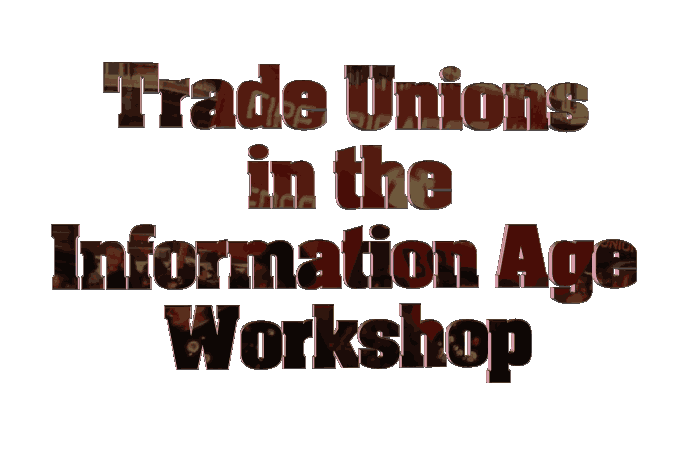

This 2 day workshop is dedicated to exploring these claims and developing richer and deeper understandings of the implications of the "information age" for trade unionism and labour. It is deliberately open-ended and in-keeping with the IAS's aim to provide 'time to think' on crucial contemporary issues in a rich and supportive interdisciplinary environment. The emphasis is on thinking and dialogue rather than presentation of finished papers - although the aspiration is to edit a book or journal if participants feel this is appropriate.This page provides access for those unable to attend in personSee the Programme HERE |
|---|
 |
 |
 |
 |
The crises of labour demand imaginative strategic thinking. The consideration of the internet and associated information communication technologies (ICTs) is vital to this process. A substantial literature has already been generated. Debate has been driven by concern with finding ways of building more effective forms in the face of the widespread and global 'crises' of trade unionism, while taking inspiration from the innovative counter-coordination of workers who have already demonstrated the potentialities of new ICTs, for example the Liverpool dockers. In their 1995-98 unofficial dispute the dockers revealed the capacity for the internet to be used for the generation of widespread international solidarity action.Developments in union presence on the internet, the routine use of electronic communications and the sponsorship of practitioner and academic reflection upon the possibilities and 'perils' provide clear indication of future possibilities. There is now a widespread availability of communication technologies that can be utilized at relatively low and distributed cost and accessed in transit and from the home, with processing and storage capacities that are growing exponentially and which can be readily deployed for the receipt, storage, auditing, manipulation and broadcast of information globally. Through intervention into these communicative spaces visibility is greatly enhanced, allowing for the auditing of the performance of individuals and institutions. The retention of memories and traditions that hitherto had so easily been broken or lost is also placed within grasp as never before. This drive to innovation can challenge established power relations and be internalised within labour institutions by the adoption of servicing and organising facilities which specifically address the need to operate outside of the disciplinary constraints of hostile workplaces and which recognise that the captured market of the occupationally concentrated community is no more. |
10.30 - 11.30Workshop 1: Trade Unions in the "Information Age": Setting the sceneJohn Hogan, Trade Unions in the "Information Age"Eric Lee, Labourstart and Internet based labour solidarity |
 |
 |
11.30 - 13.00Workshop 2: The Internet and the Liverpool Dockers strikeChris Bailey, The Liverpool Dockworkers' Strike 1995-98 and the Internet |
14.00 - 16.30Workshop 3: Firefighting in CyberspaceIn this session FBU officials and activists are invited to reflect upon the use of the internet in the build up to, the duration of and beyond, the 2002-2004 national fire-fighters dispute.The discussion will take as its point of departure the arguments put forward by Seifert and Sibley in their book 'United They Stood: the story of the UK fire-fighter's dispute 2002-2004' (Lawrence and Wishart May 2005), regarding the significance of the unofficial use of the internet, in particular the 30k web site.In addition, it is anticipated that debate will focus upon the issues of union discipline and accountability that have arisen in the dealings between the FBU and UK-Fire (see: http://www.uk-fire.net/banned/), the successor site to the 30k web site. Through exploring the concrete lessons provided by the FBU experience,it is hoped that greater understanding can be generated about the limits and possibilities of labour solidarity construction in the "Information Age".Roger Seifert, co-author of 'United They Stood: the story of the UK fire-fighter's dispute 2002-2004' (Lawrence and Wishart May 2005)John Hogan and Andreja Zivkovic Fire-fighting in Cyber space: An exploration of Internet Use for mobilisation and democratic accountability |
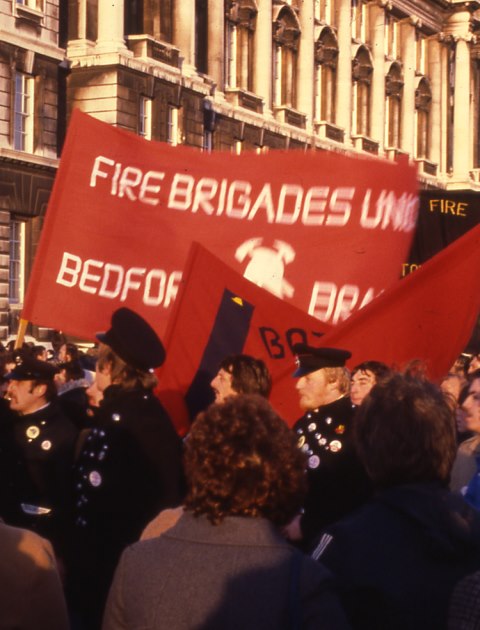 |
 |
16.00 - 18.30Workshop 4: ICTs, Labour and GlobalisationSandra Jones and Guy Bellemare, Actors in Industrial Relations: A Networked FutureZivkovic, A. and Hogan, J. (2006), The Time-Space Dynamics of Communicative Practice: ICTs and Balkan Trade UnionsMargaret Grieco and Steve Little, Social movements and new technology: a challenge to the existing order of business. |
09.00 - 11.00Workshop 5: "May a thousand flowers bloom": ICTs and the modernisation of Official trade unionismPaul Nowak, Unionreps.org.uk and the Union Ideas NetworkJohn Wood, (TUC) Using the internet to reach non-membersWayne Langley (SEIU, Boston) The Interactive Local - Union Organization in the Digital AgeAlun Williams, ICTs and trade unions: the case of USDAW |
 |
 |
11.30-12.30Workshop 6: Order, Discipline and Dissent in "Information Age" IRDavid Beaumont, ICTs, Union Transparency, Activism and Bargaining Power: Lessons from the Frontline |
14.00-15.00Workshop 7: The Internet and the prospects for "Open Source Unionism"?Craig Phelan, The Knights of Labor and the Open Source TraditionJohn Hogan, Trade Unions and the Internet: Present and Future Prospects |
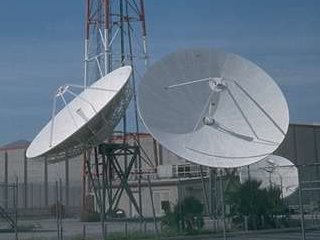 |
 |
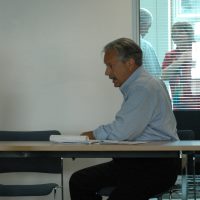 |
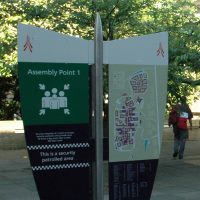 |
 |
Back to Odysseygroup2006